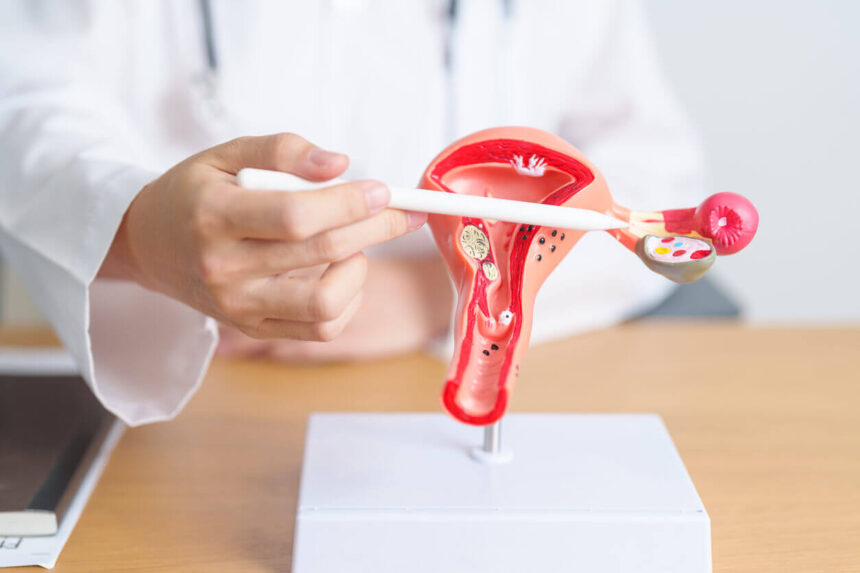Women’s reproductive health evolves throughout life, and gynecologic services support each stage from adolescence through menopause. These services monitor changes, address concerns, and help guide appropriate care. Regular visits allow early identification of issues while providing timely treatment options when needed. Here are a few of the key gynecologic services for every woman:
Gynecologic Exams
Annual gynecologic services include exams that provide a foundation for preventive reproductive care. These evaluations include a physical exam, discussion of concerns, and routine screenings to identify potential issues early. Pap smears check for cervical cancer, HPV testing detects the virus that can cause it, and STD testing screens for infections that may affect reproductive health. Early detection offers more management options and can improve outcomes.
Follow-up care may be needed for abnormal results. Colposcopy examines the cervix more closely to identify unusual tissue. Treatment options include cryosurgery, which freezes the tissue, or LEEP, which removes it with a heated wire loop. Both procedures are performed in a clinical setting to efficiently address abnormalities.
Family Planning
Birth control provides a way to plan if and when to become pregnant, and multiple contraceptive methods are available for short-term or long-term use. Options include hormonal pills, patches, intrauterine devices, and implants, each with different benefits, factors, and effectiveness rates. Choosing the correct method depends on medical history, lifestyle, and reproductive goals. Discussing these factors with a healthcare provider helps determine the approach that best fits individual needs and personal circumstances.
Prolapse Repair
Pelvic organ prolapse occurs when the uterus, bladder, or rectum shifts from its normal position, often affecting women after childbirth or during menopause. Symptoms can include pelvic pressure, urinary incontinence, discomfort, and a feeling of heaviness in the pelvic area. Outpatient repair procedures aim to restore normal anatomy, relieve symptoms, and improve daily function, allowing most women to return to regular activities within weeks. Treatment plans are individualized, guided by medical evaluation, and may include both surgical and supportive options such as pelvic floor therapy to support long-term recovery.
Surgical Options
Some gynecologic conditions are treated with surgical procedures to improve overall reproductive health and quality of life. Vaginal hysterectomy, performed as an outpatient procedure, removes the uterus through the vaginal canal. This approach typically requires less recovery time than traditional abdominal surgery, allowing patients to resume daily activities sooner while minimizing potential complications.
Advanced laparoscopy addresses conditions such as fibroids and endometriosis using a thin tube with a camera to view internal organs. Small incisions allow instruments to treat problem areas safely and precisely. This method provides reduced pain, faster recovery, minimal scarring, and allows closer visualization of affected tissues compared with open surgery.
Moving Forward with Gynecologic Services
Gynecologic care provides education about conditions and available treatment options. Understanding this information allows patients to participate in decisions, and it supports more informed choices about their reproductive health. Services often include annual exams, routine screenings, and management of common gynecologic concerns. Schedule an appointment to discuss health needs and explore care options that align with individual circumstances.









